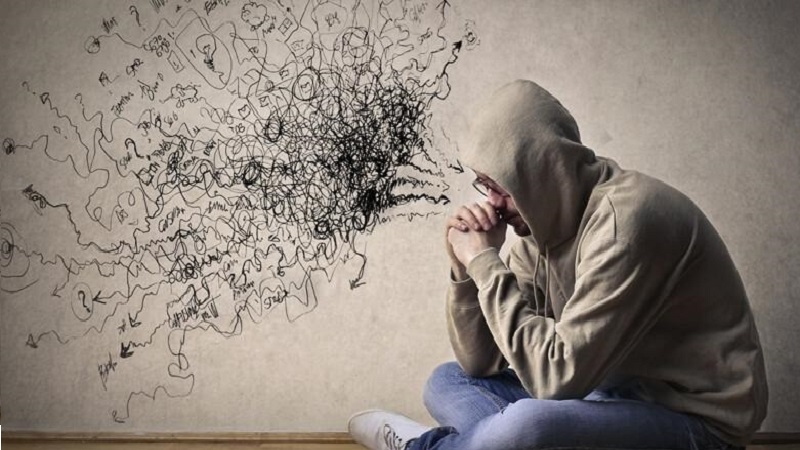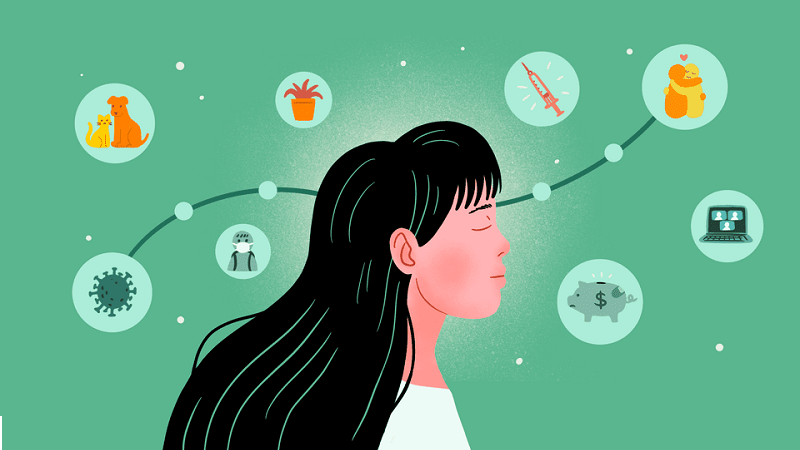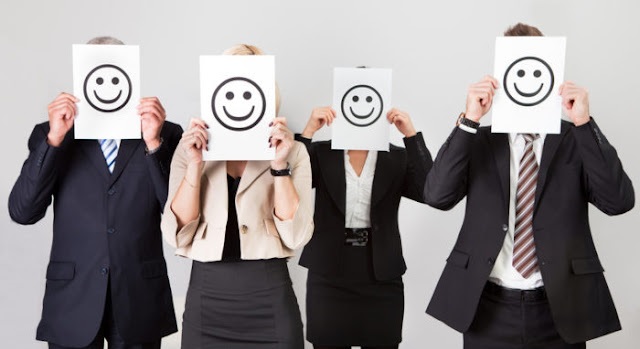Why Men Struggle More With Mental Illness
Posted in Mental Wellness
Although women are statistically known to suffer more from mental illnesses like depression when compared to men, men are more likely to commit suicide and struggle with (or die from) drug and alcohol abuse. Why? There’s one simple answer and it lies in how men see mental illness. This is where the macho factor comes in.
A lot of guys hate to admit they have a mental health challenge because of their idea of masculinity. They see depression as a sign of weakness. Having a mental issue isn’t a sign of weakness. Thanks to medical advances, it’s obvious that chemical changes in the brain are linked to mental illnesses. In many ways, mental illness is just like diabetes, or any other physical condition.
A lot of people still see mental health struggles as a lack of personal fortitude so there is a stigma surrounding mental illness. With men, there is this extra pressure to always be strong and as a result, a lot of men struggle with admitting they may need help. While there’s a lot of awareness going on today towards reducing stigma and expanding opportunities for mental health support, many men still experience shame and guilt and this could lead to them being less willing to ask for help. Also, it’s possible that depression in women is higher because men are more likely to under-report symptoms of depression.
Sadly, when men are less willing to ask for help, despite experiencing depression, drug and alcohol use is often seen as the coping strategy. When people struggling with mental health conditions aren’t embracing healthy coping resources, they may turn to alcohol and other drugs as a way to numb the pain.
So the question is: how do we change men’s perception of seeking help before things get really bad? The answer lies in reducing the stigma and making it okay for any gender to openly discuss their mental health issues. Many men fall prey to the false idea that they should be “tough enough” to fix all their problems on their own or they may lose their authority with others. However, no one is immune to stress.
Talking with others about how it is affecting you can foster empathy, camaraderie, and support — all of which fight against the feelings of isolation on which addiction and mental health issues can thrive. Untreated mental health issues can very quickly manifest into physical ailments, especially when people are self-treating with alcohol & other substances.
We need people to realize that these are medical problems, that there are good treatments available, and that there is hope.
When is it time to ask for help?
If you’re worried that someone you care about may be struggling, or you think that you yourself need help, the following signs can indicate a need for outside assistance:
- Change in mood
- Difference in work performance
- Weight changes
- Sadness, hopelessness, or anhedonia (a loss of pleasure and pulling away from things that used to provide enjoyment)
- Physical symptoms, such as headaches and stomach issues.
If you recognize any of these symptoms in a loved one, remind them that asking for help can be a sign of strength rather than weakness and that in 2019, there are a lot of resources available.
Finally, for those who have overcome mental health obstacles in their own lives, don’t be afraid to share your own stories. Sometimes reducing stigma means being willing to talk about the times we’ve needed to ask for help ourselves.
Posted in Mental Wellness by Darlynton Emeka
Disclaimer: The Blog has been created with consideration and care. We strive to ensure that all information is as complete, correct, comprehensible, accurate and up-to-date as possible. Despite our continuing efforts, we cannot guarantee that the information made available is complete, correct, accurate or up-to-date. We advise - the readers should not take decisions completely based on the information and views shared by GreenFieldHMO on its blog, readers should do their own research to further assure themselves before taking any decision. The 3rd party trademarks, logos and screenshots of the websites and mobile applications are property of their respective owners, we are not directly associated with most of them.
1 Comment
 Amelia Jonathan
Amelia Jonathan
Jan 12, 2025 at 10:39 p.m.
Get Covered Today
So, talk to us today and see how best we can serve you.





Leave a comment